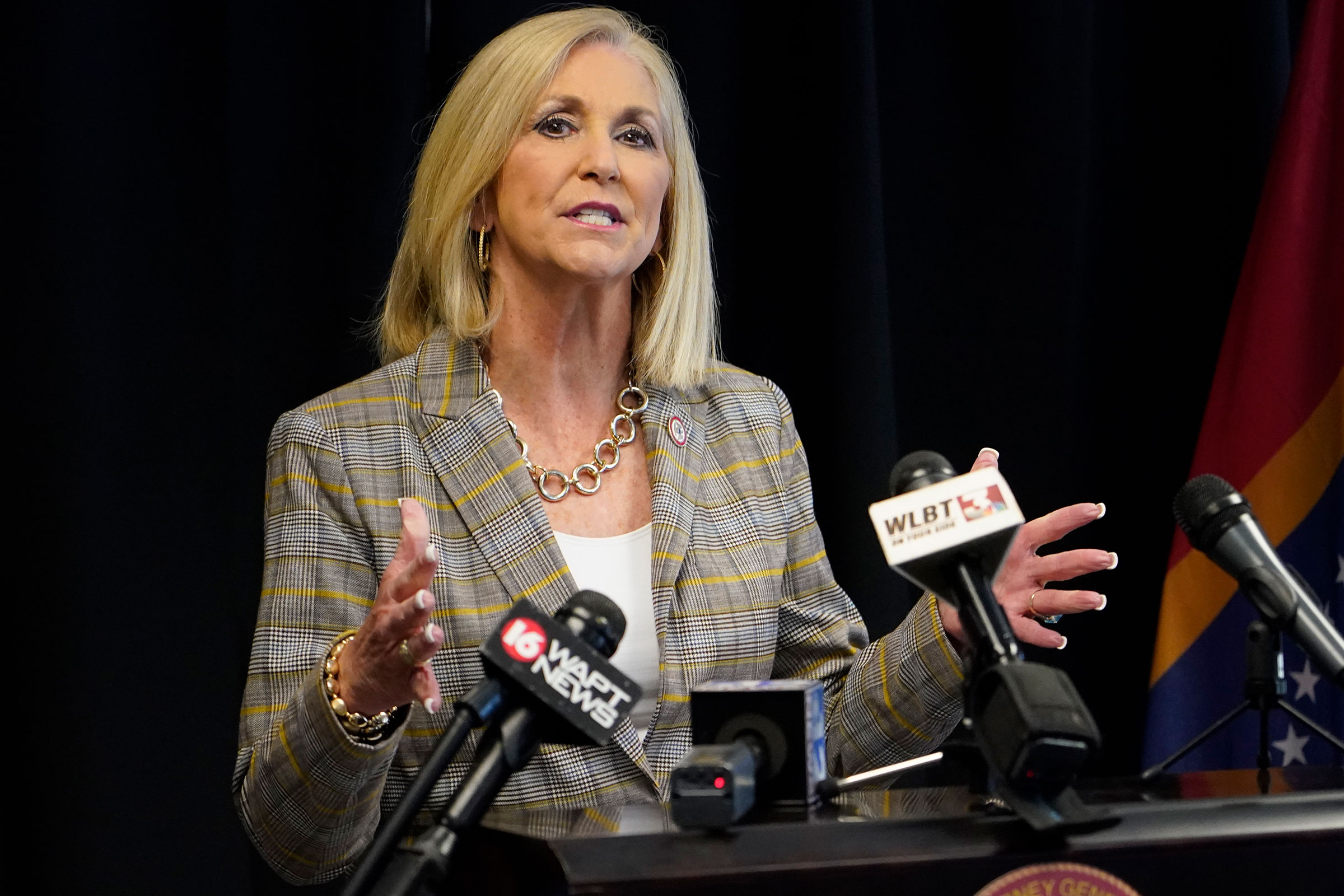What makes a country committed to gender equality and the empowerment of women? Universal access to sexual and reproductive health care is key, according to the U.N. But to Mississippi attorney general Lynn Fitch, banning abortion is the way to empower women.
For 49 years, antiabortion activists in the U.S. have fought a careful battle to overturn Roe v. Wade, the 1973 case that established the right to abortion. Now, as nearly 60 other countries have liberalized their abortion laws in the past 25 years, the U.S. is poised to roll back that right.
Fitch is leading the final charge. As her state’s top lawyer, she argued that the Supreme Court should overturn Roe because it was “egregiously wrong,” and because societal advances mean women no longer needed abortions. A leaked draft of a Supreme Court opinion overruling Roe set off a national furor in May, and the final decision is sure to further inflame the debate. The outcome of her case will have ripple effects not just for women in every state—some of which plan to outright ban abortion if Roe is overturned—but across every aspect of American society.
Abrams is a TIME staff writer
- The 100 Most Influential People of 2024
- The Revolution of Yulia Navalnaya
- 6 Compliments That Land Every Time
- What's the Deal With the Bitcoin Halving?
- If You're Dating Right Now, You're Brave: Column
- The AI That Could Heal a Divided Internet
- Fallout Is a Brilliant Model for the Future of Video Game Adaptations
- Want Weekly Recs on What to Watch, Read, and More? Sign Up for Worth Your Time
